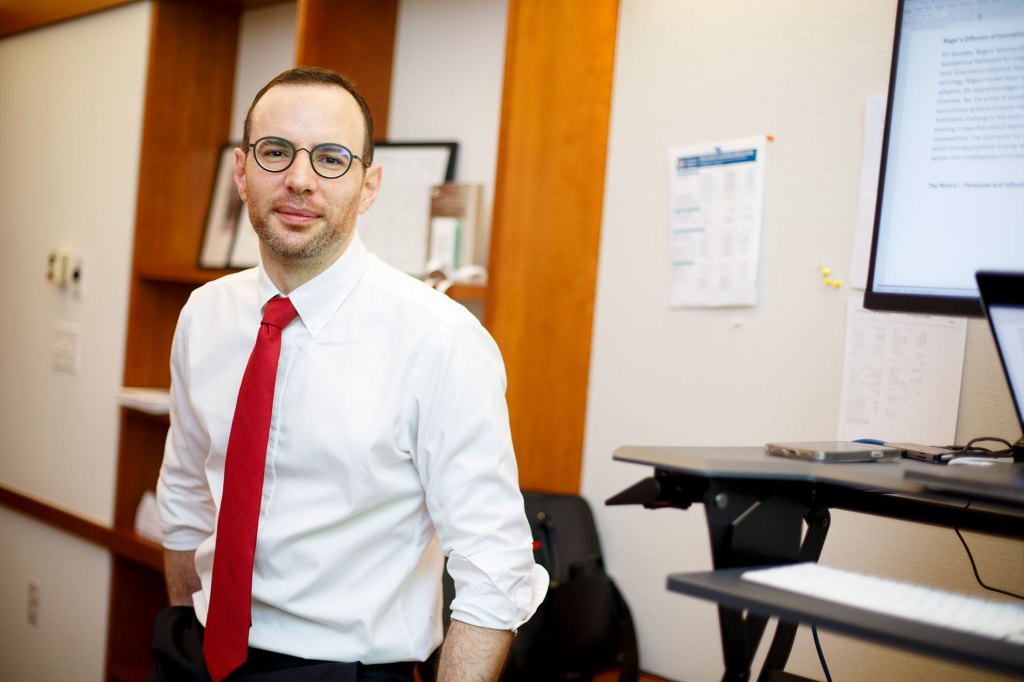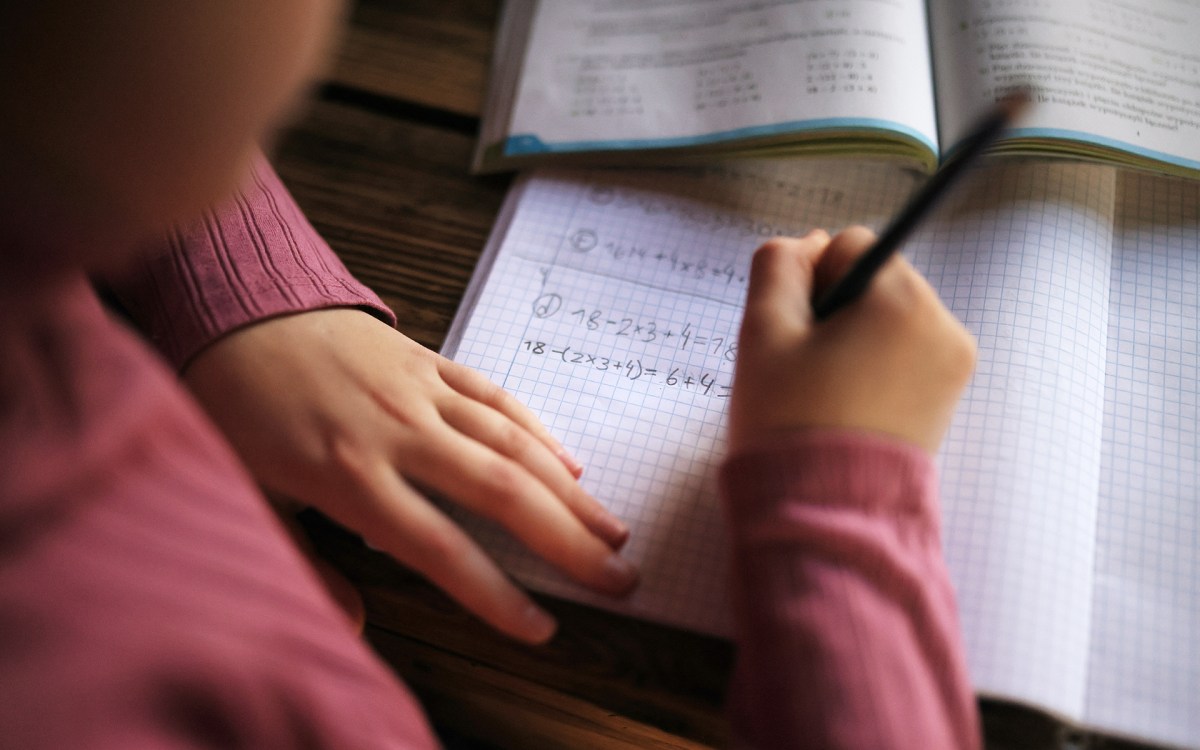
Findings
Insights, discoveries, and analysis from Harvard scholars and scientists.
-
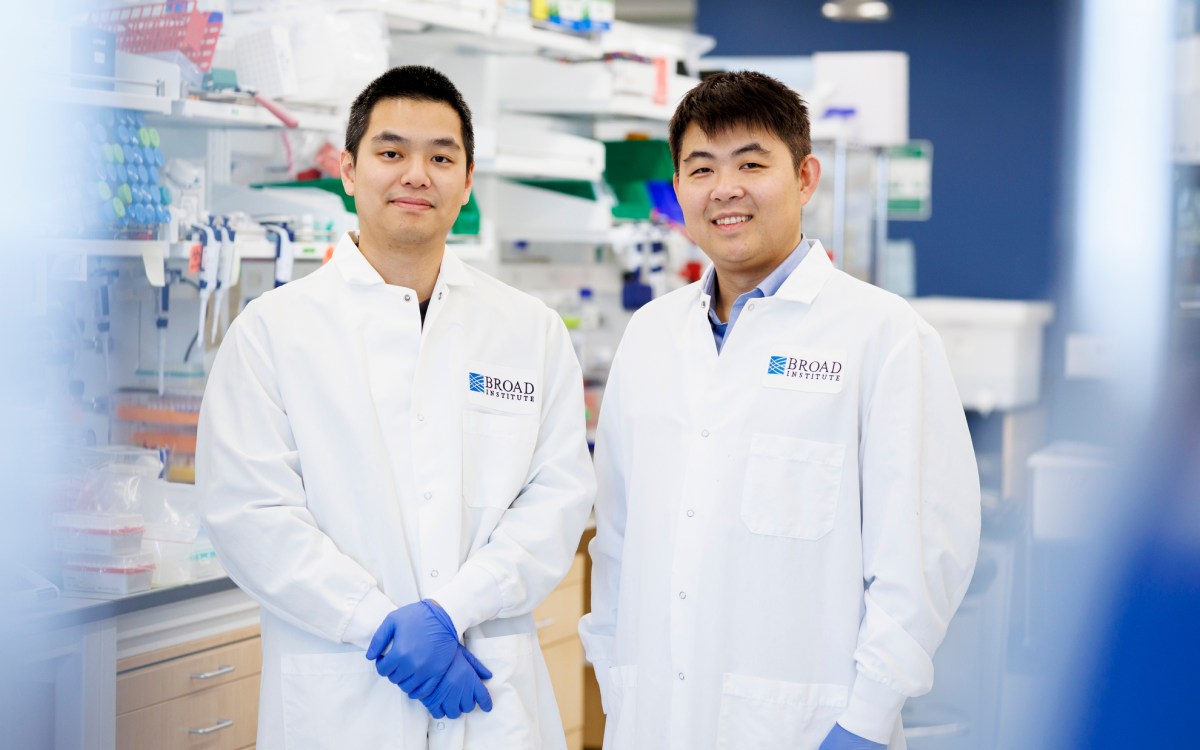 Science & Tech
Science & TechHow did that cancer cell become drug-resistant?
Researchers find way to create microscopic archives of gene activity to gain insights into how, why changes happen
-
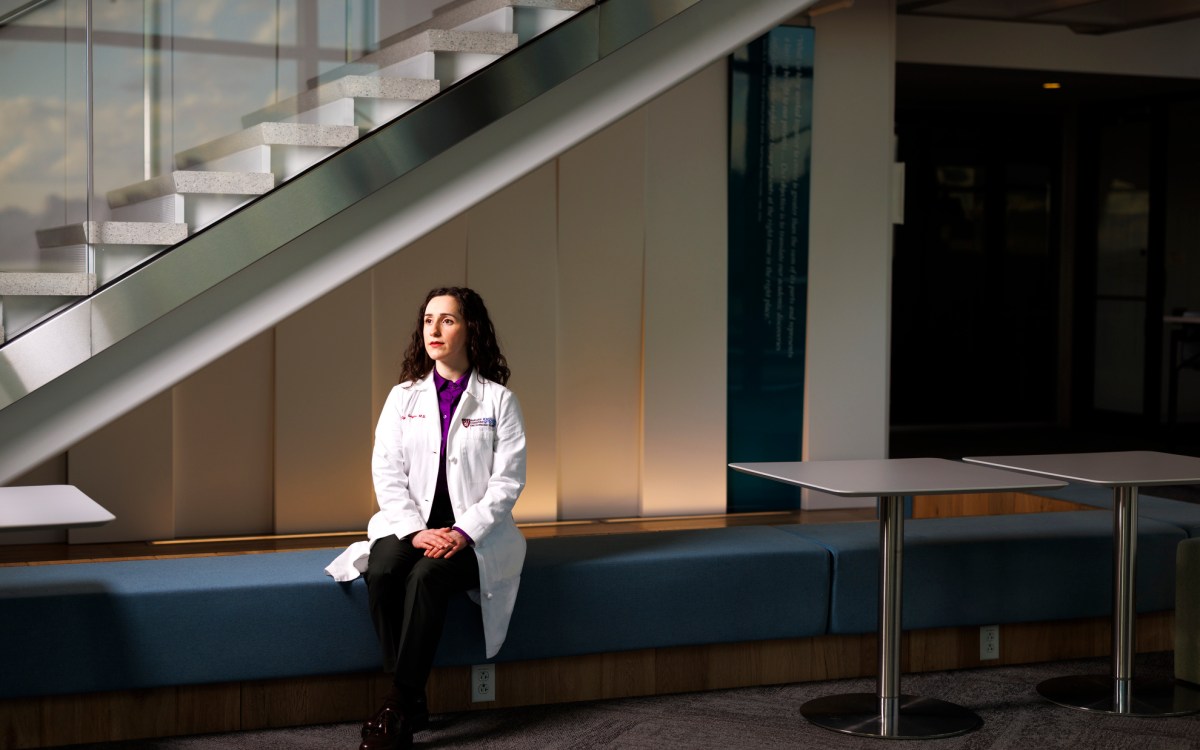 Health
HealthMissed opportunities to catch cases of domestic abuse
Study finds orthopedists, who treat kind of injuries that result from partner violence, refer patients to programs at very low rates
-
 Health
HealthReal-world answers for patients running out of time
Insurance data can help fill gaps between longer trials, researchers say
-
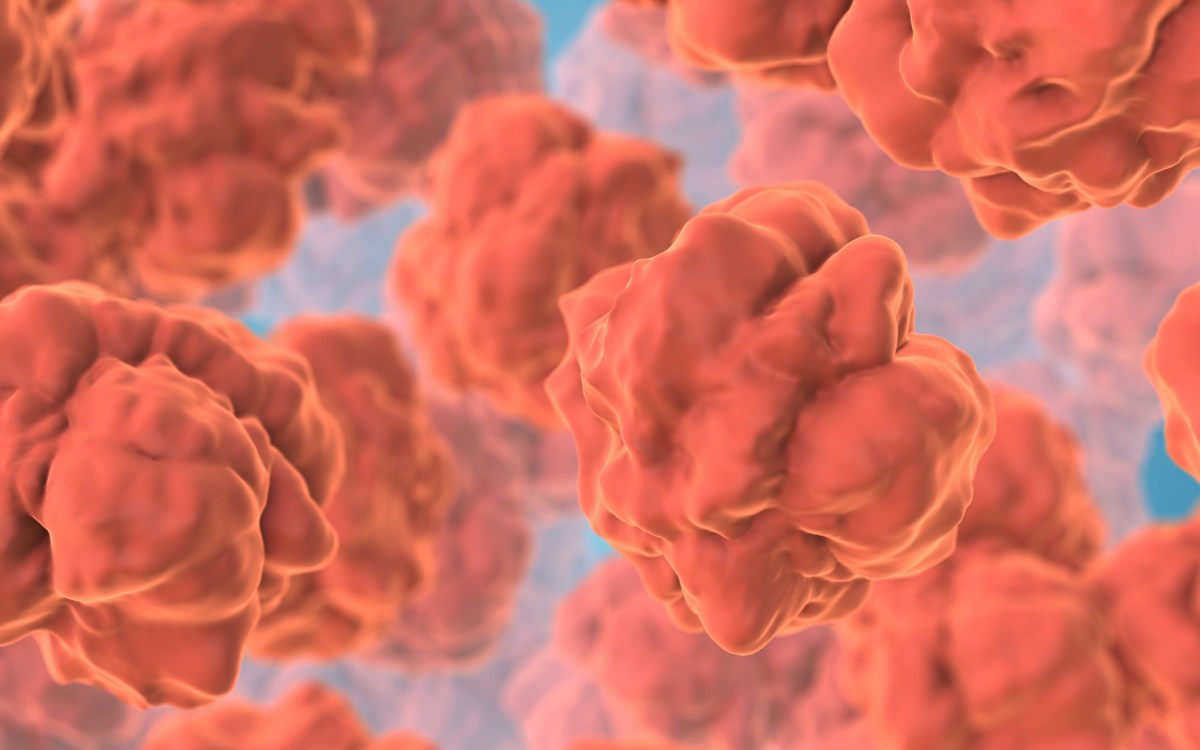 Health
HealthBinge drinking triggers gut damage, finds new study
Research suggests even brief episodes of heavy alcohol consumption can injure small intestine
-
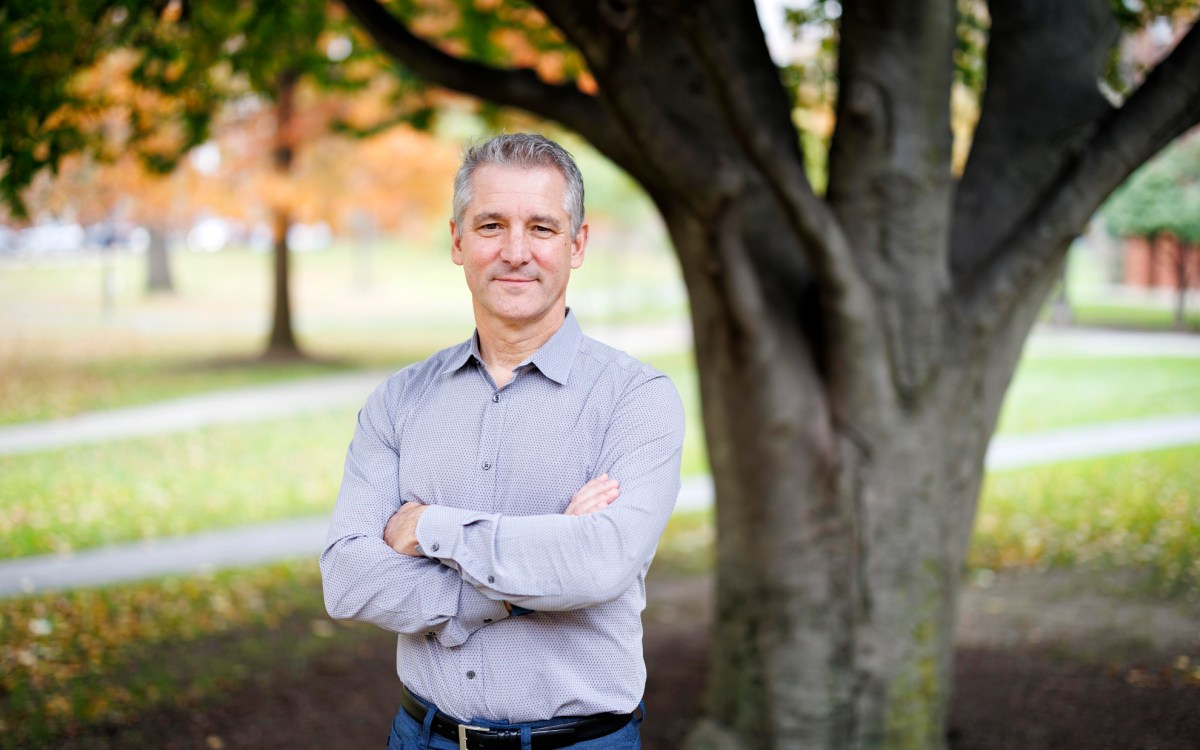 Science & Tech
Science & TechA tiny limpet reveals big secrets
Discovery marks significant find in study of deep sea
-
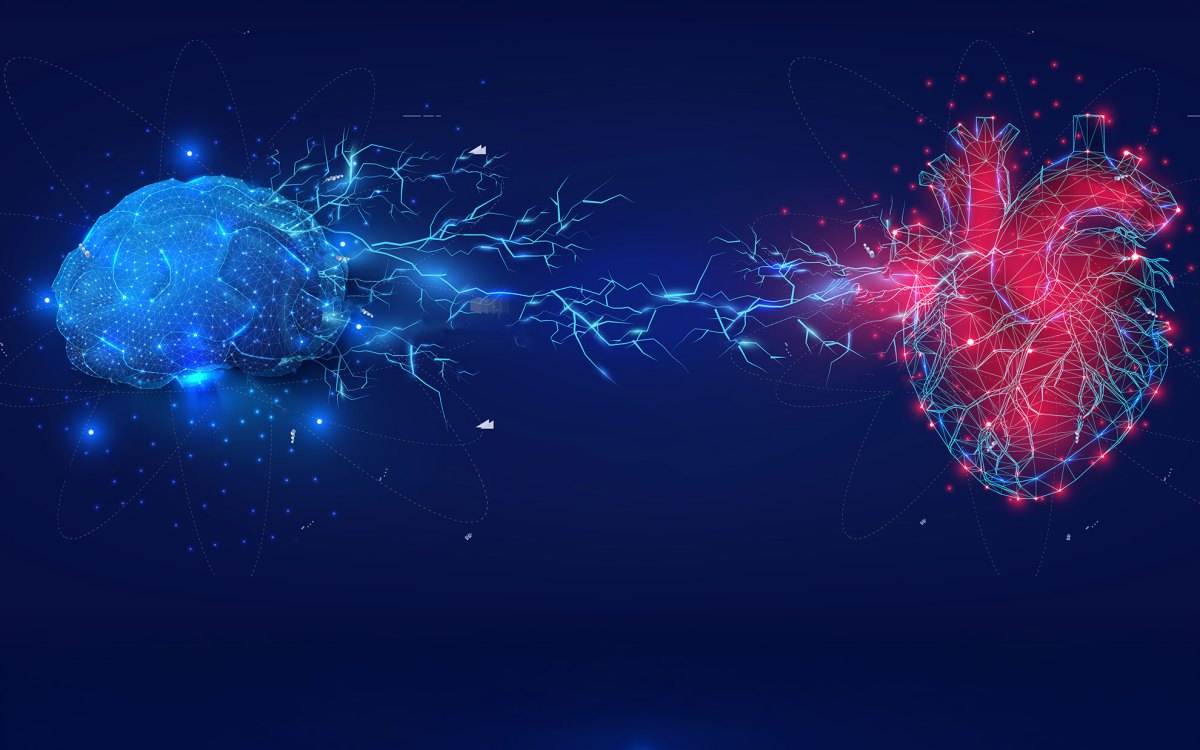 Health
HealthDepression and anxiety linked to increased risk of heart attack or stroke
Study suggests stress reduction holds potential for cardiovascular disease prevention
-
Is cost curbing use of weight loss drugs?
40 percent of GLP-1 prescriptions go unfilled, study finds
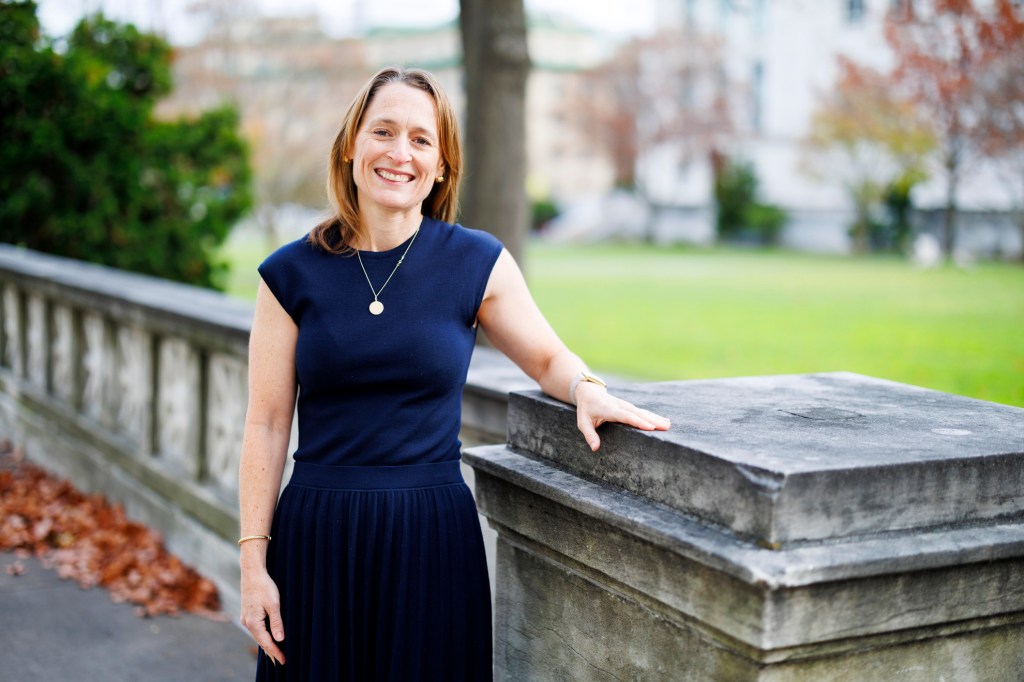
-
New research finds 5 genetic signatures shared by 14 psychiatric disorders
Could advance treatment of mental illness with greater precision, less medication
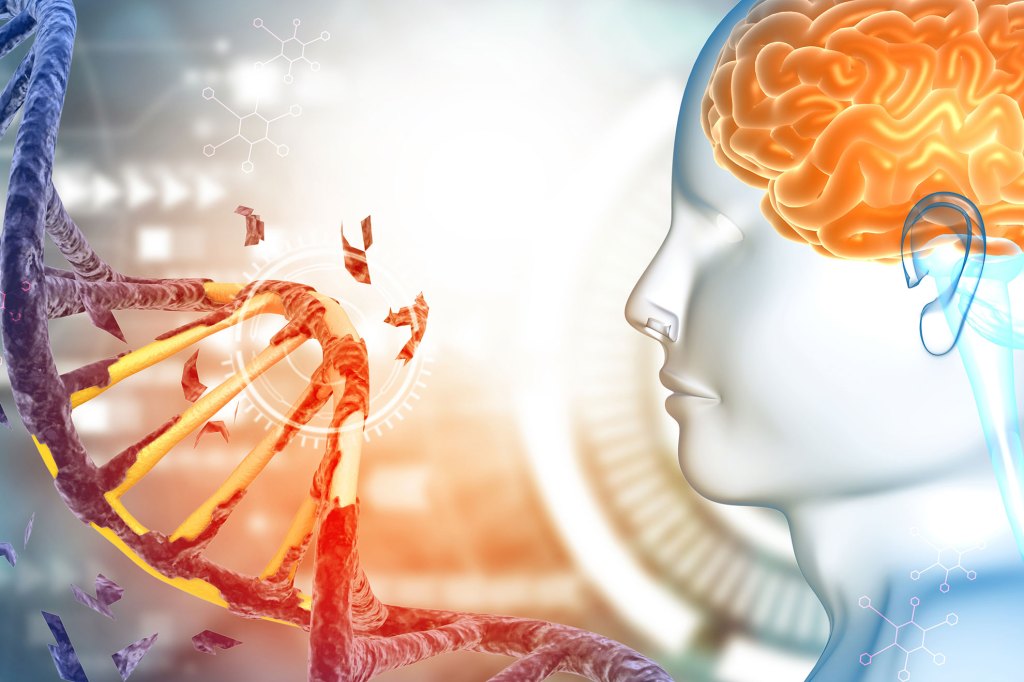
-
Break in the case for long COVID investigators
Research highlighting chronic inflammation opens path to treating illness that affects millions of Americans
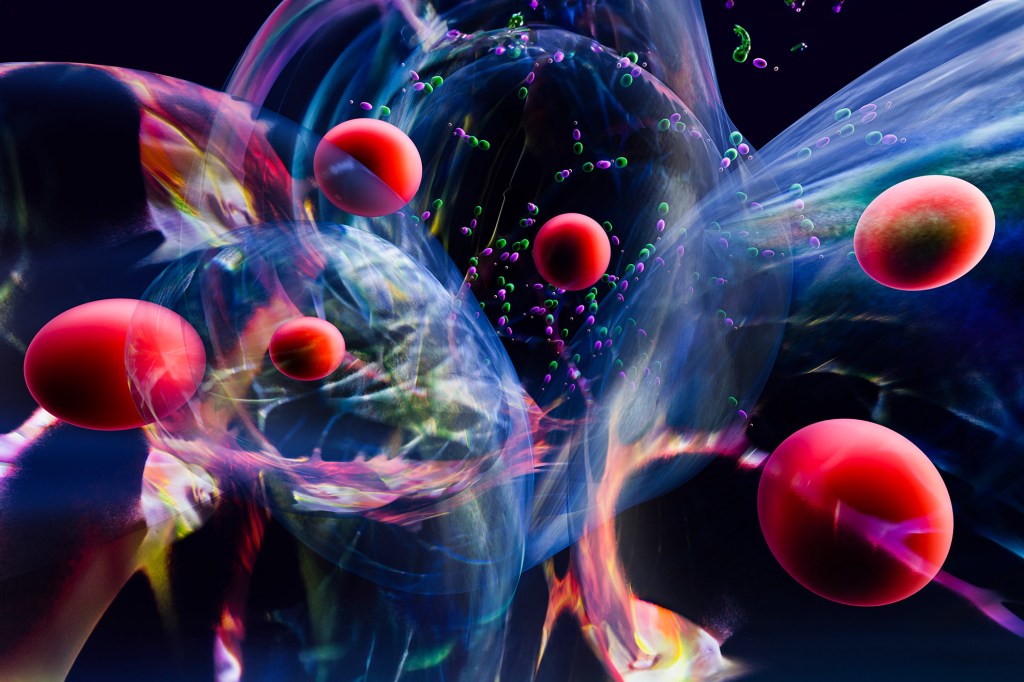
-
The problem with the school smartphone debate
Study finds most districts already regulate devices. Is the real issue enforcement?
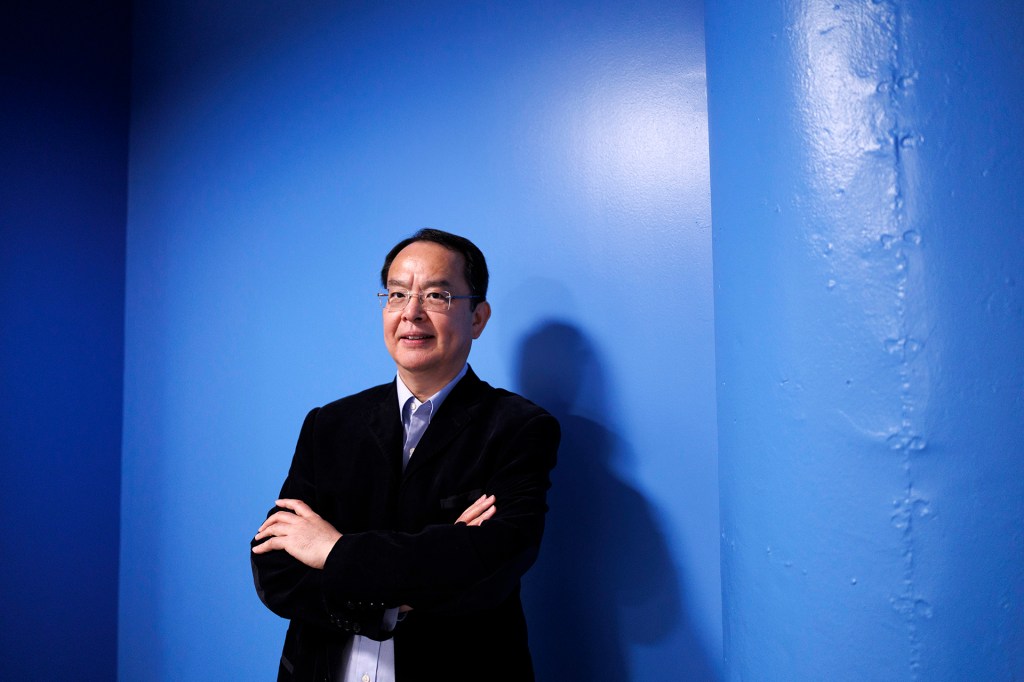
-
Why self-appraisals may not be best way to judge job performance
Research shows women, workers of color rate themselves lower; manager ratings tend to mirror them if bosses read rankings before writing their own
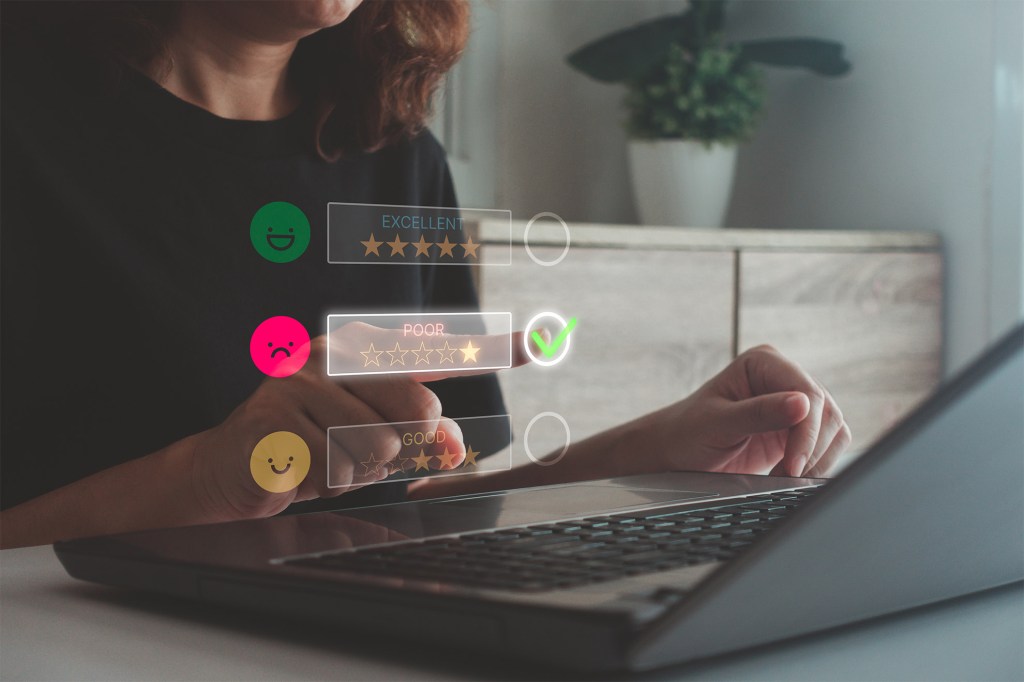
-
How a toxin from the gut microbiome may help spark colorectal cancer
Findings suggest colibactin may be promising target for disease prevention
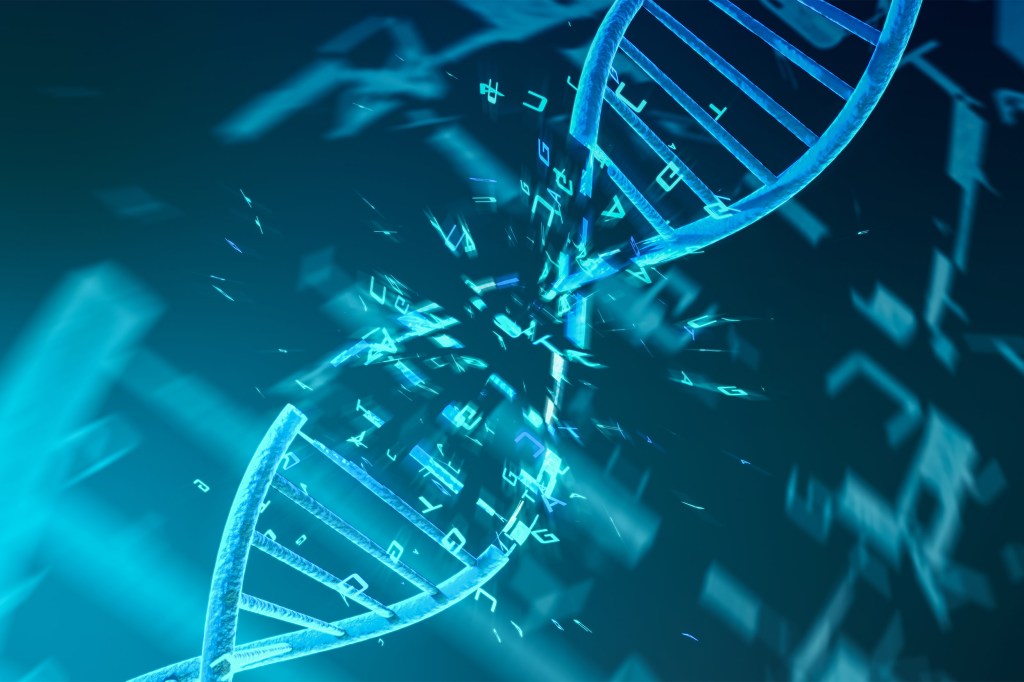
-
Cracking the code of why, when some choose to ‘self-handicap’
New research also offers hints for devising ways to stop students from creating obstacles to success
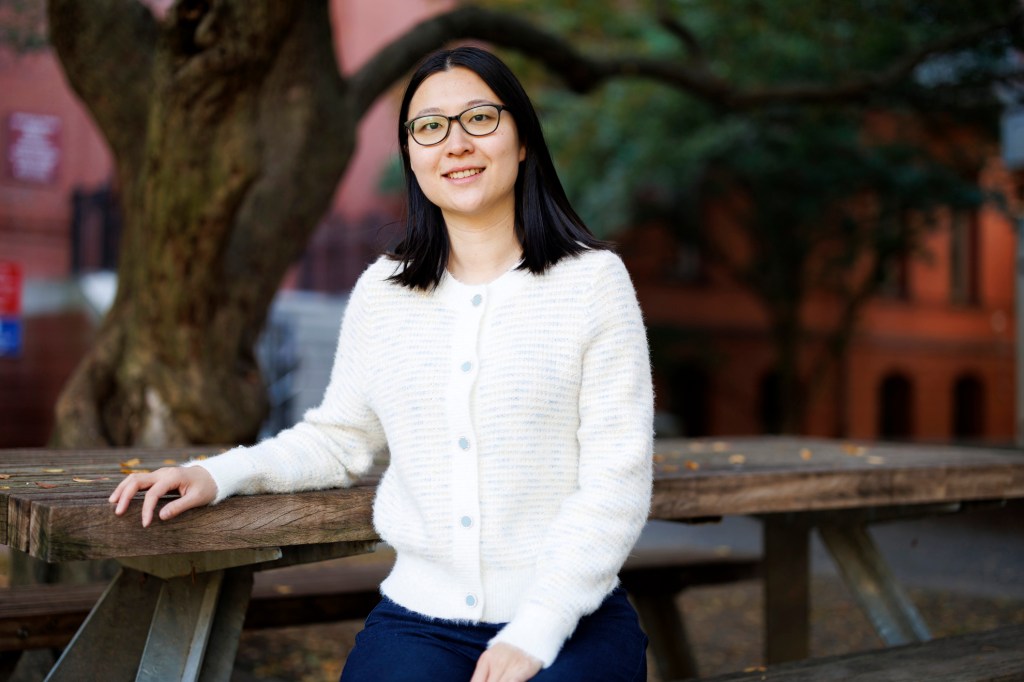
-
Why stress can make your hair fall out
Closer look at two-part reaction may offer researchers insights into autoimmune disease

-
Nighttime exposure to light may raise cardiovascular risk by up to 50%
New research suggests that it disrupts biological clock

-
How habits in your 20s shape your heart for life
Young adulthood offers critical window to greatly reduce future risk of cardiovascular disease, according to new study

-
8 trajectories for long COVID
Study captures variability of a condition that affects millions
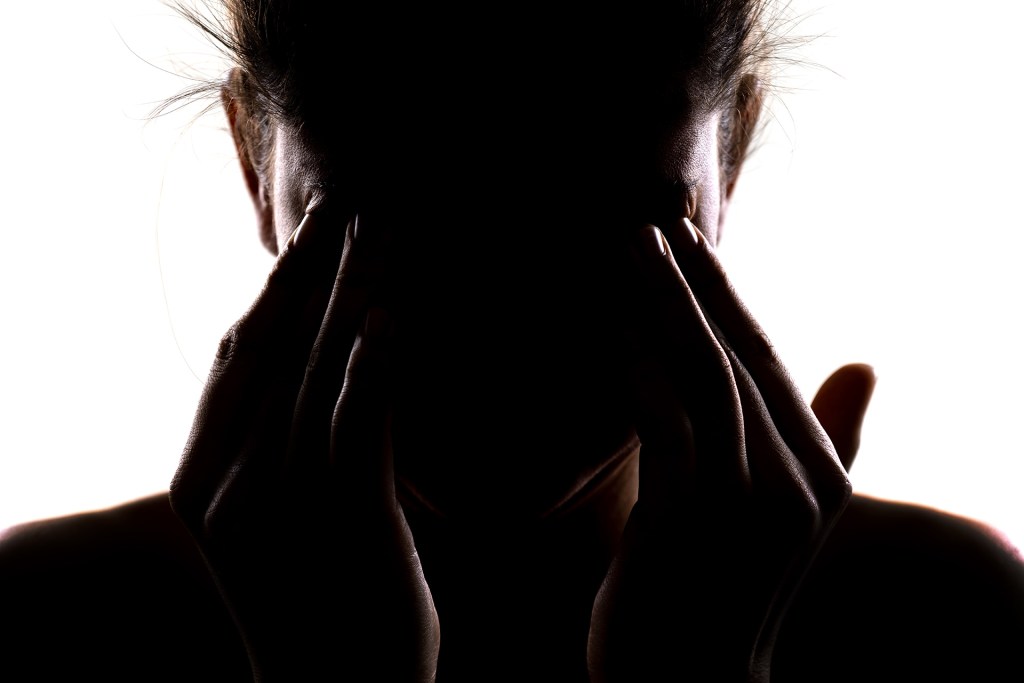
-
Solving mystery at tip of South America
Study finds previously unknown ancient lineage of indigenous people, which gave rise to surprisingly diverse mix of cultures
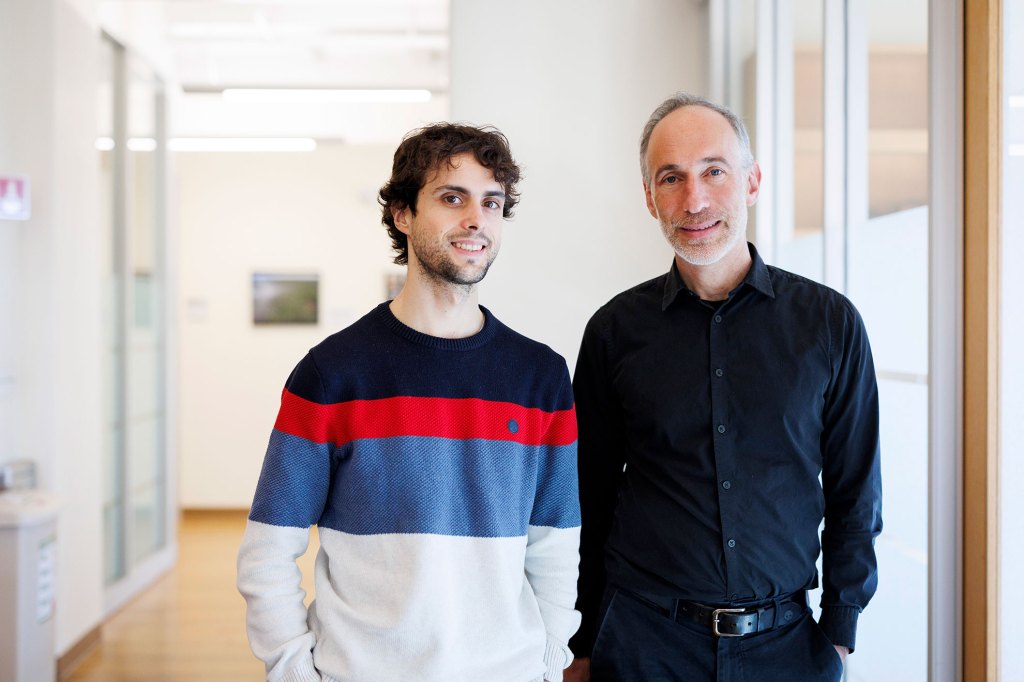
-
Odds of surviving cancer drop drastically when credit score dips
Study explores links between financial stress, mortality risk
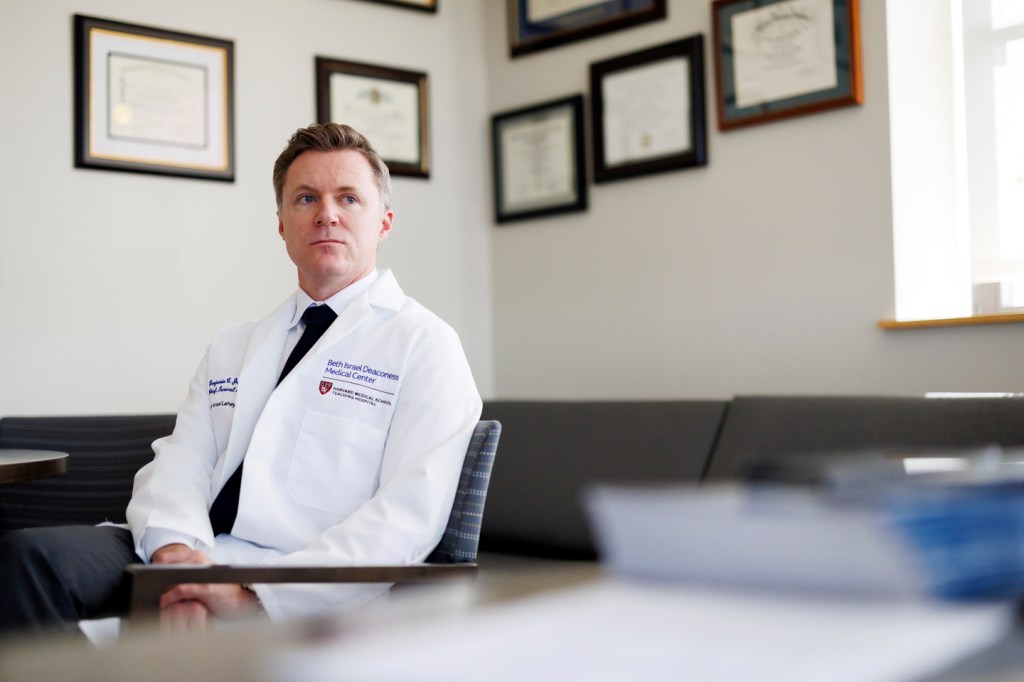
-
Researchers link ultraprocessed foods to precancerous polyps
Results come amid rise in under-50 colorectal cancer cases
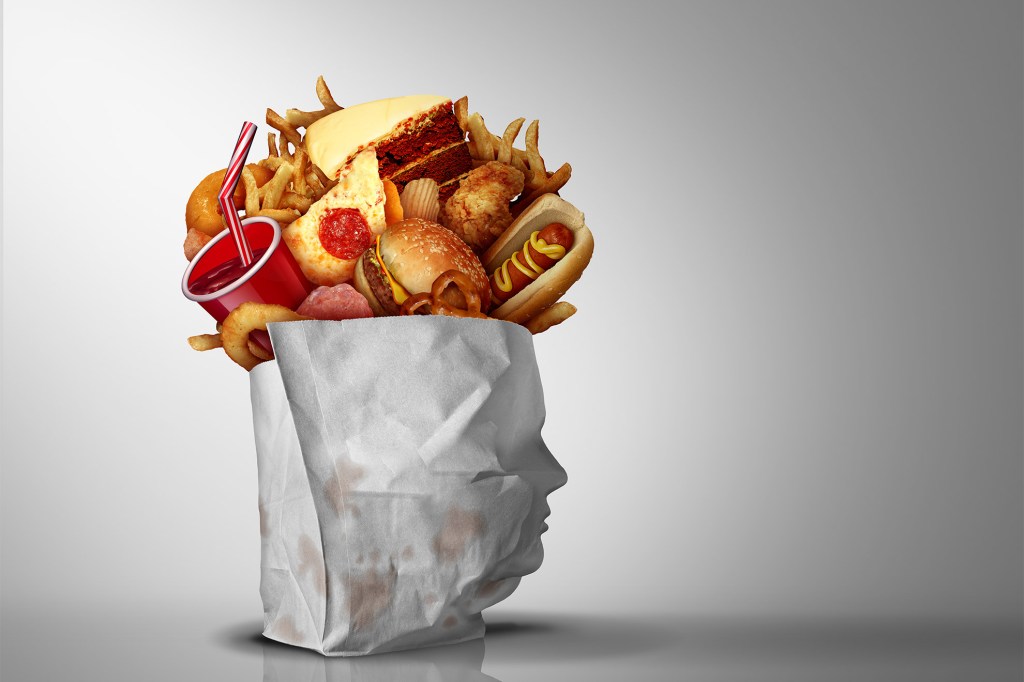
-
A potential quantum leap
Harvard physicists unveil system to solve long-standing barrier to new generation of supercomputers
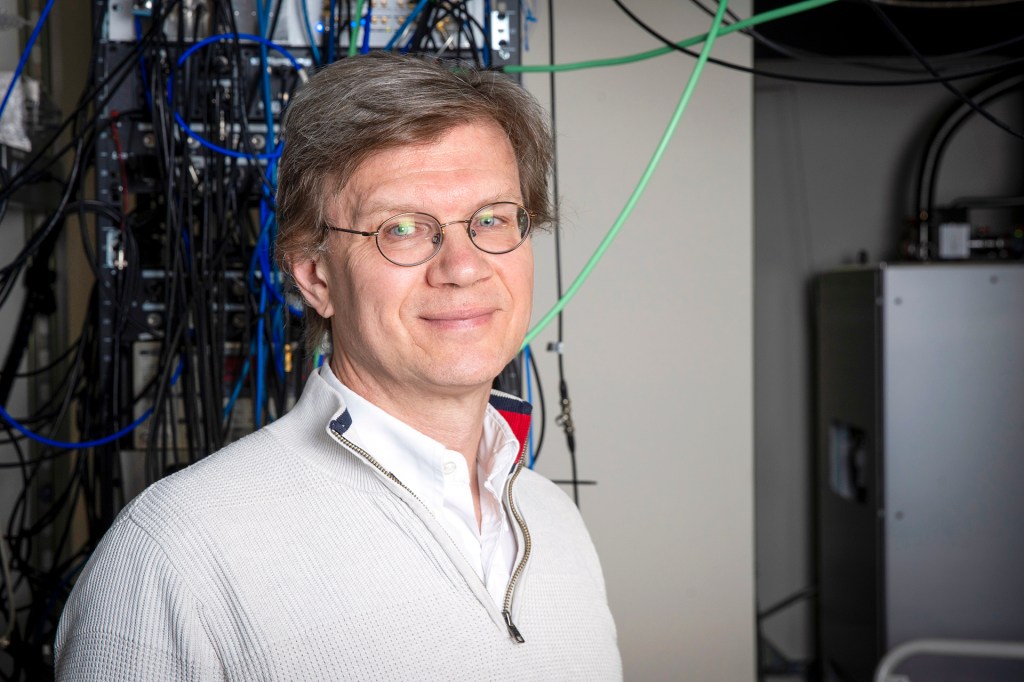
-
Heavy drinking linked to worse strokes
Study finds larger, deeper brain bleeds at an earlier age for patients who have 3 or more alcoholic drinks a day

-
Walking 3,000-5,000 steps a day may delay Alzheimer’s
Findings could explain why some older adults at risk for the disease decline faster than others
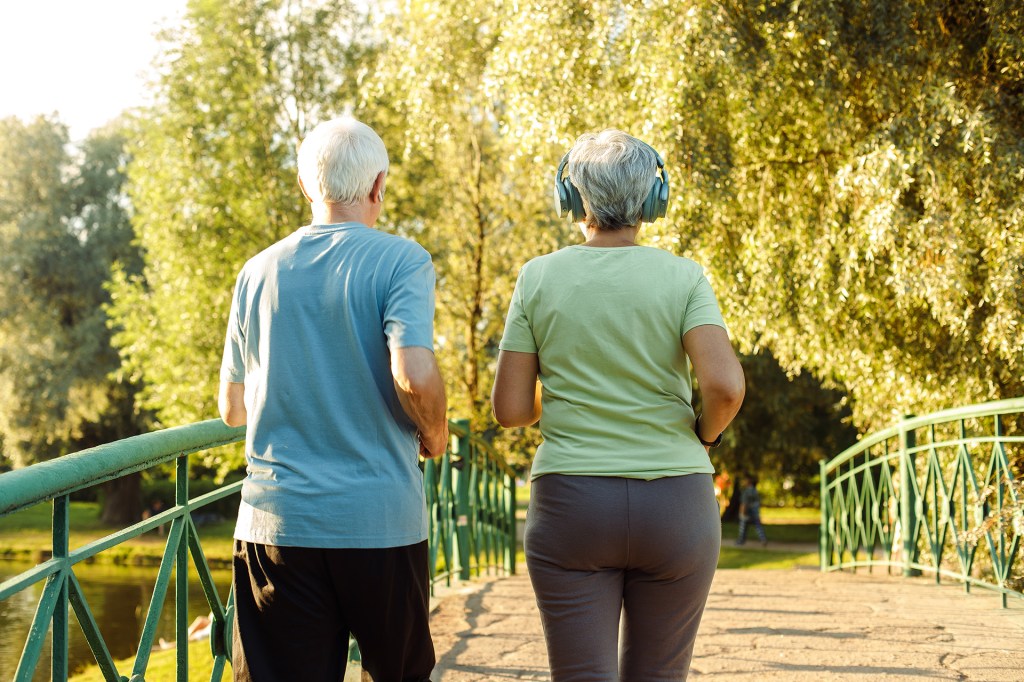
-
Can revenge be addictive?
Psychiatrist explains how humans are hardwired to crave payback and why forgiveness is the ultimate antidote
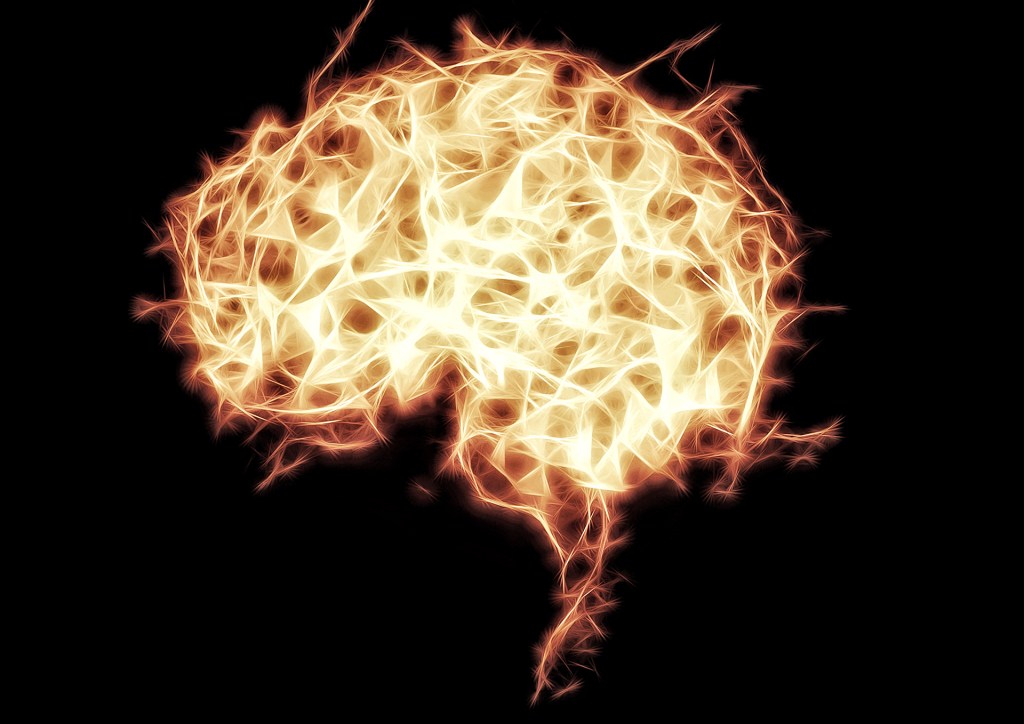
-
COVID in pregnancy raises child’s risk for developmental disorders
Infection poses greatest threat during third trimester, according to study analyzing more than 18,000 births during pandemic peak

-
Rising birth rates no longer tied to economic prosperity
New research by Claudia Goldin extends her work on how, why cultural changes around gender are driving down fertility in U.S., elsewhere
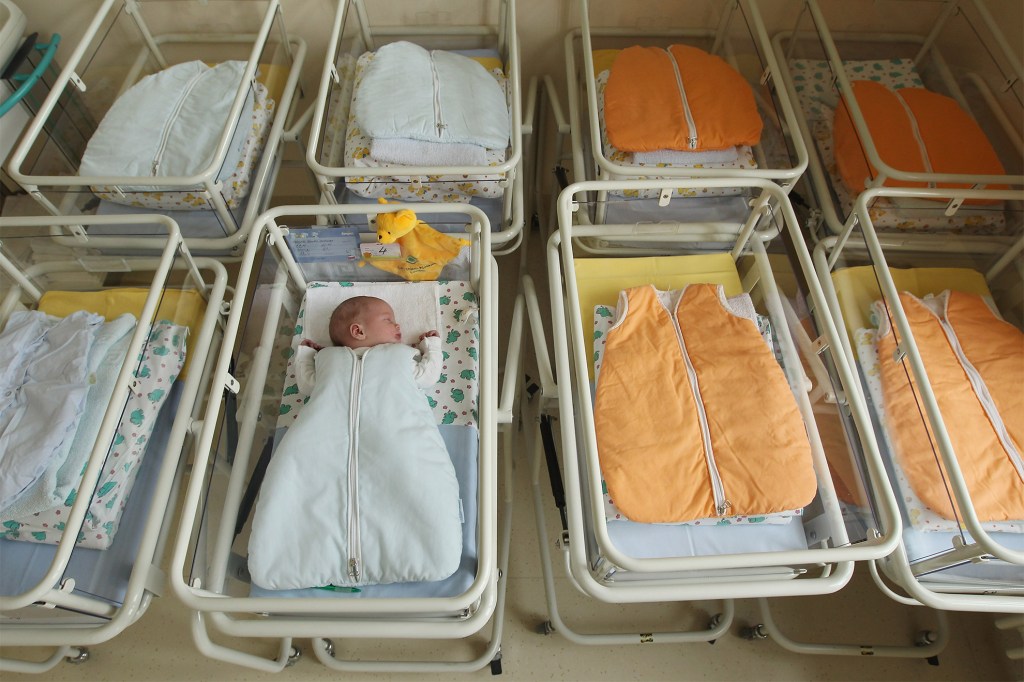
-
Step study: 4,000 counts for a lot
Study of older women finds lower disease risk for those who hit that number once or twice a week
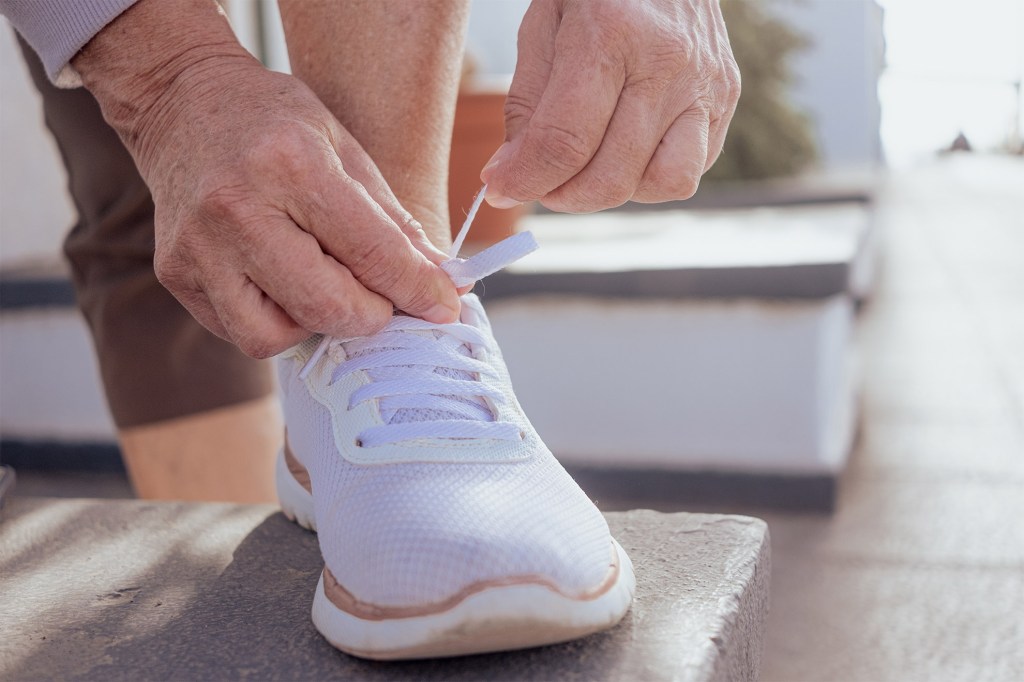
-
Over 60 and online
In new book, law professor busts myths about ‘hapless grandparents’ in the digital age
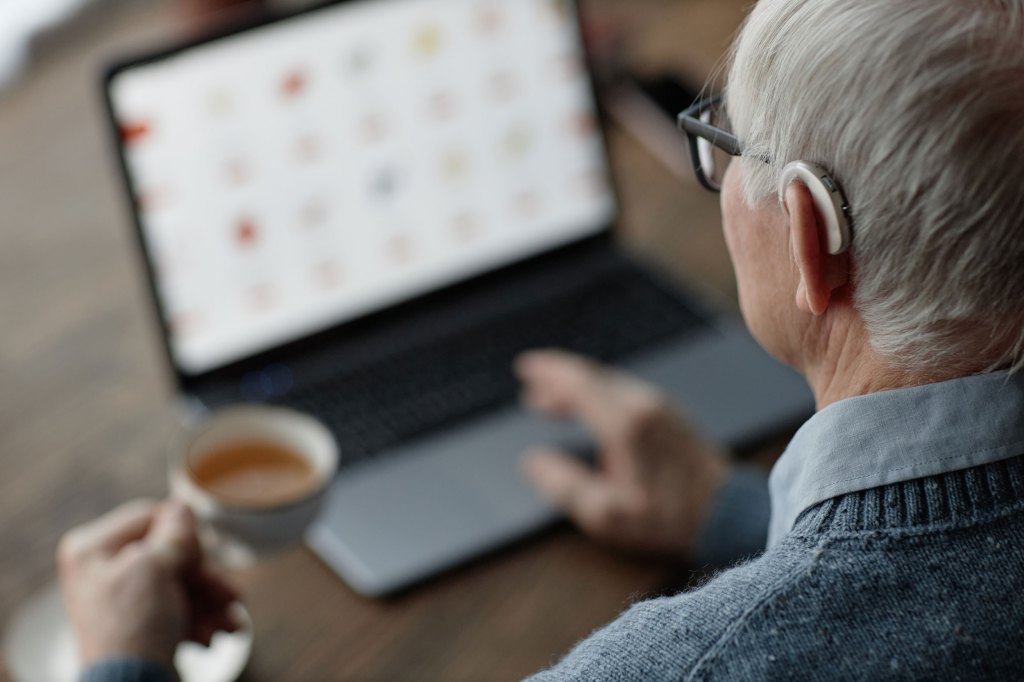
-
Researchers report ‘astounding’ obesity surge in U.S.
Prevalence rises to 70 percent under definition that includes measures other than just BMI
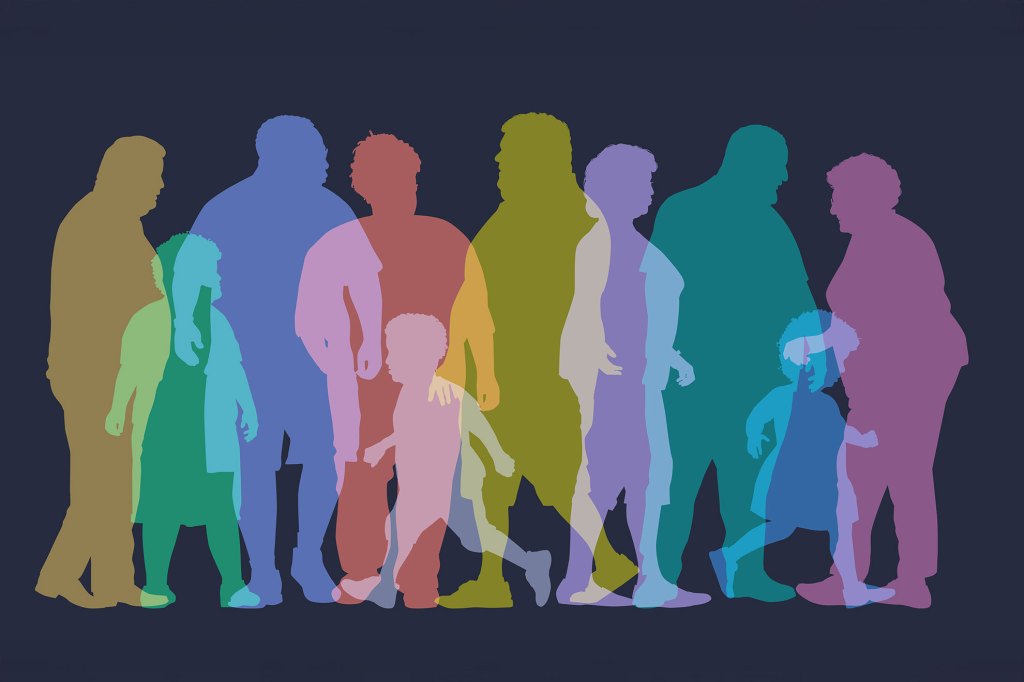
-
Harsh past might bare its teeth
Early adversity leads to higher aggression and fearfulness in adult canines, study says

-
Chilling discovery
Physicists go to extremes to capture quantum materials
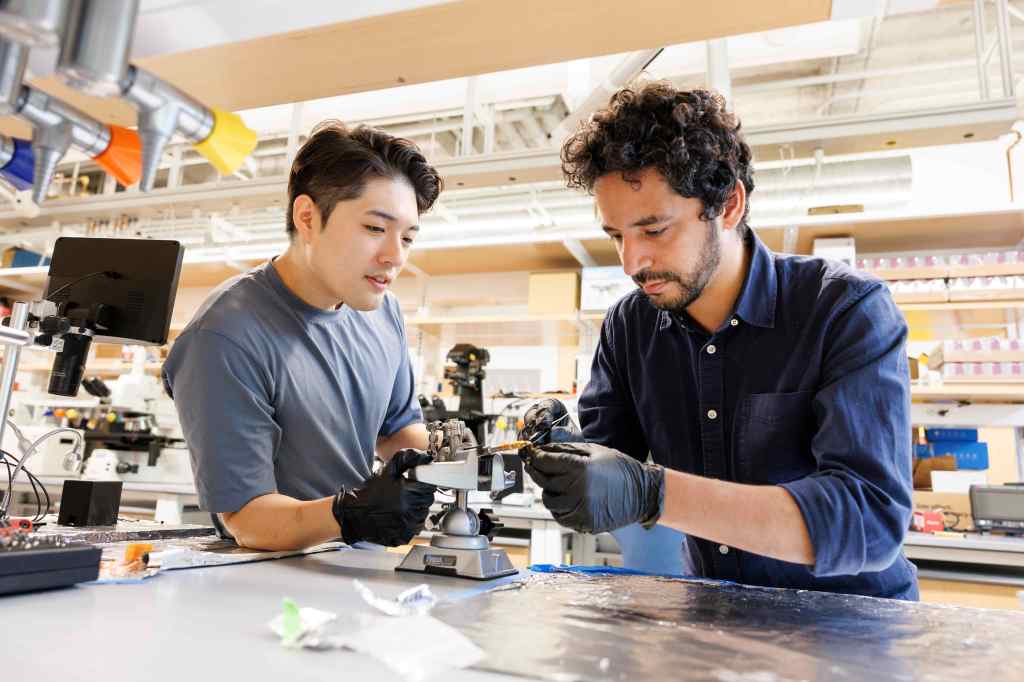
-
A condition more common than asthma or diabetes, yet often ignored
Women with heavy menstrual bleeding wait five years on average for care. Wyss technology could change that.
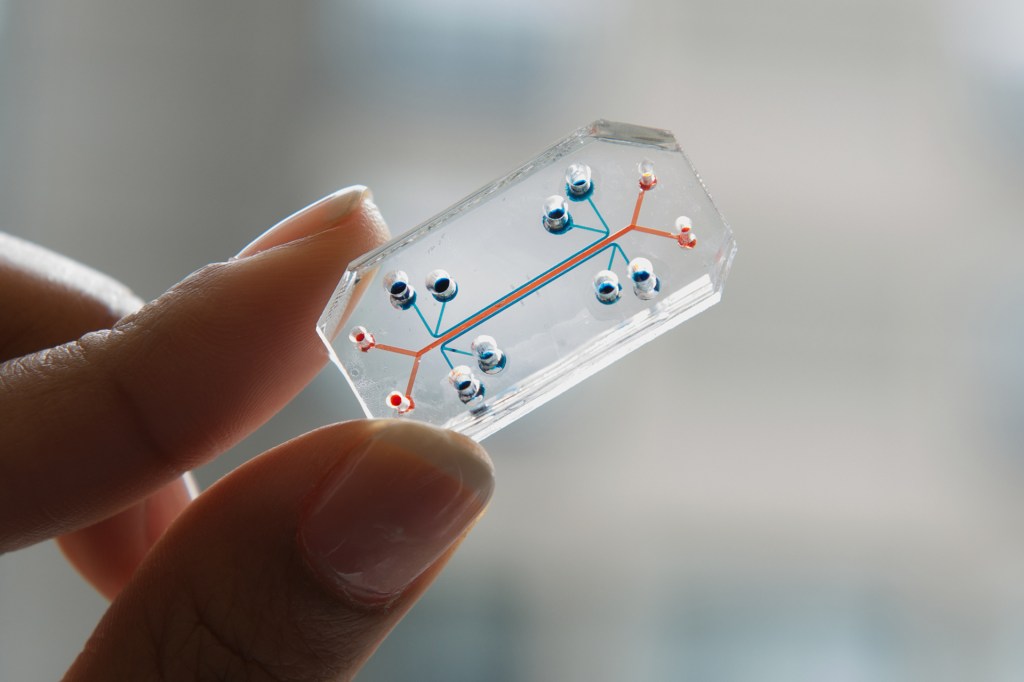
-
The fear: Wholesale cheating with AI at work, school. The reality: It’s complicated.
ChatGPT usage appears ‘more wholesome and practical’ than researchers expected
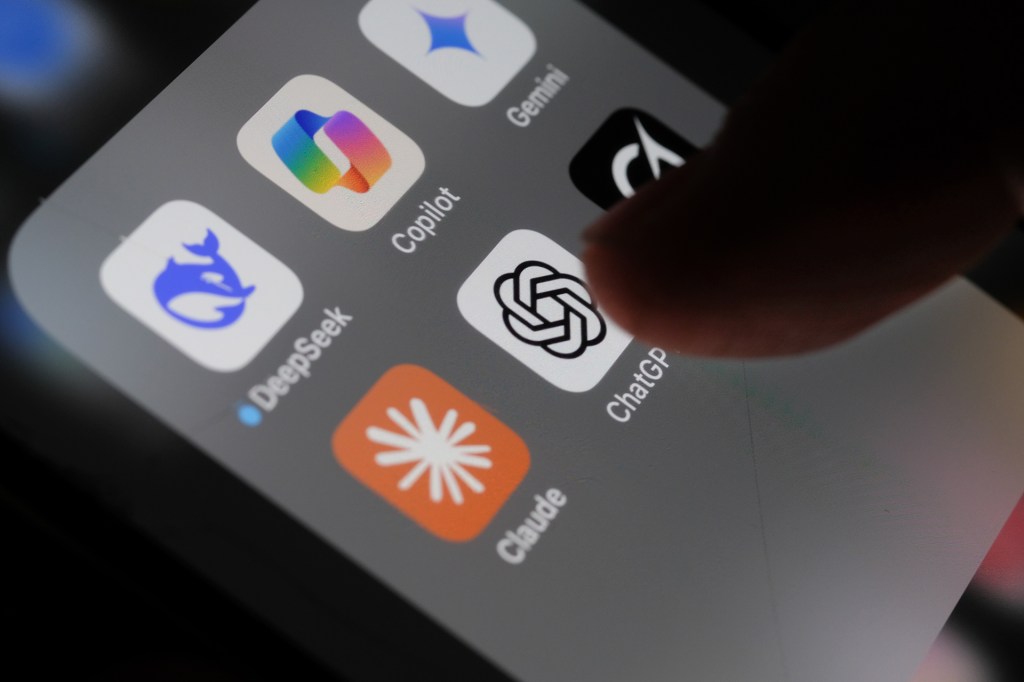
-
Smart patch reduces cravings for alcohol and drugs
First year of recovery is ‘immensely challenging,’ researchers note. New device could be a difference maker.
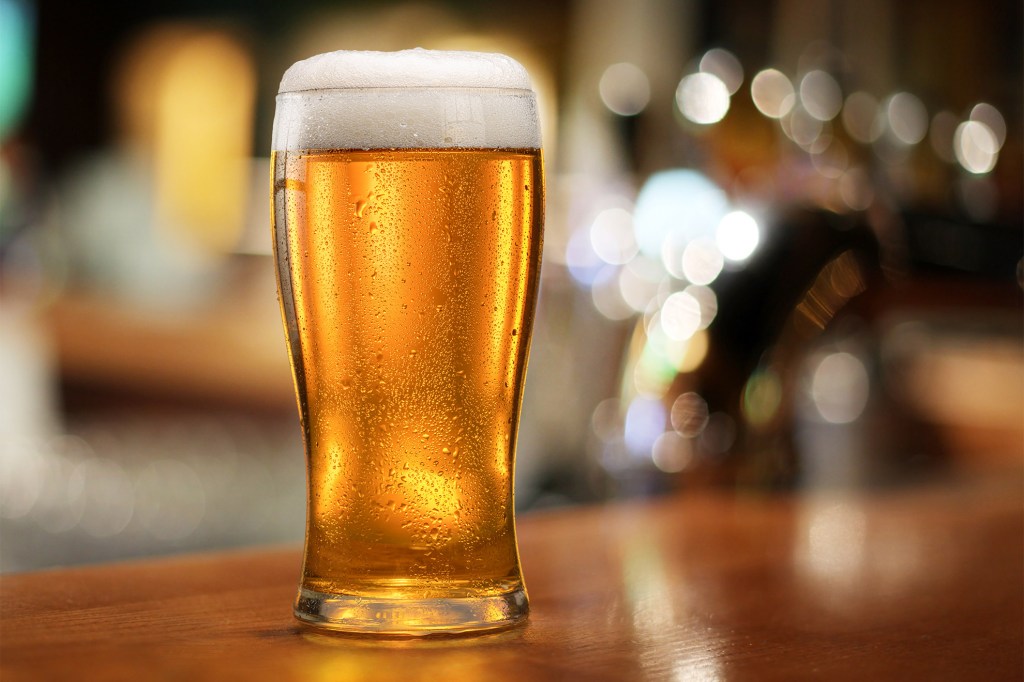
-
You want chocolate. You need flavanols.
Research strengthens evidence for role of inflammation in disease – especially as we age
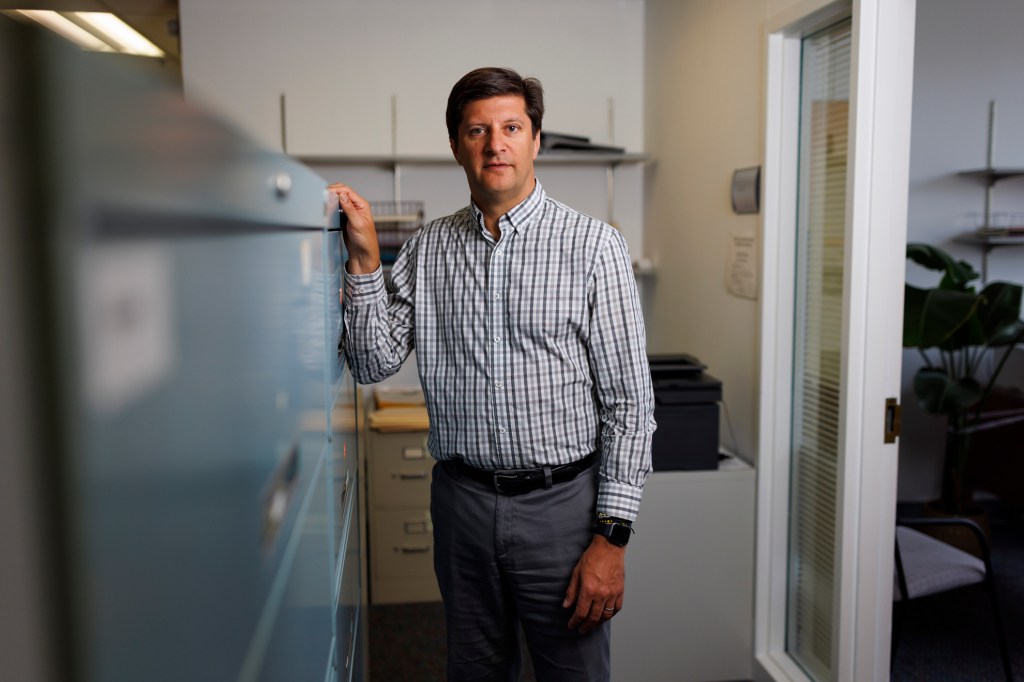
-
‘I exist solely for you, remember?’
Researchers detail 6 ways chatbots seek to prolong ‘emotionally sensitive events’
